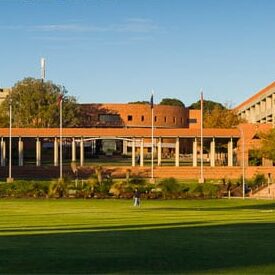Social licence and technology in society
An effective energy transition requires a balance between the positive change that science and technology can foster and the potentially disruptive impacts on communities.
We need to discover how to most effectively deliver information facilitate dialogue across a broad range of stakeholders around complex and contested issues of science and technology adoption.
Areas of focus
- Social licence to operate
- Science communication and community relations
- Public attitudes, political ideology, values, choices, identity, behaviour, culture and organisation
- Overhead vs underground cable transmission infrastructure
- Renewable energy technology uptake
- Global benefits vs local risks
Impacts and outcomes
- Participation in community information session to answer questions and provide knowledge for residents impacted by a potential wind farm development
- Measurement of public attitudes towards transmission infrastructure in Queensland
Research groups, facilities and centres

John Curtin Institute for Public Policy (JCIPP)
The JCIPP is a peak body for research, education and discussion in public policy and administration. It takes a multi-disciplinary approach to addressing challenges in this area reflecting their complexity as well as the unique capacity of universities to play a key role in addressing them.
Collaborations and partnerships

ARC GlobH2E

ARC Hub for Sustainable Crop Protection
IEA Greenhouse Gas R& D Programme

Powerlink Queensland
